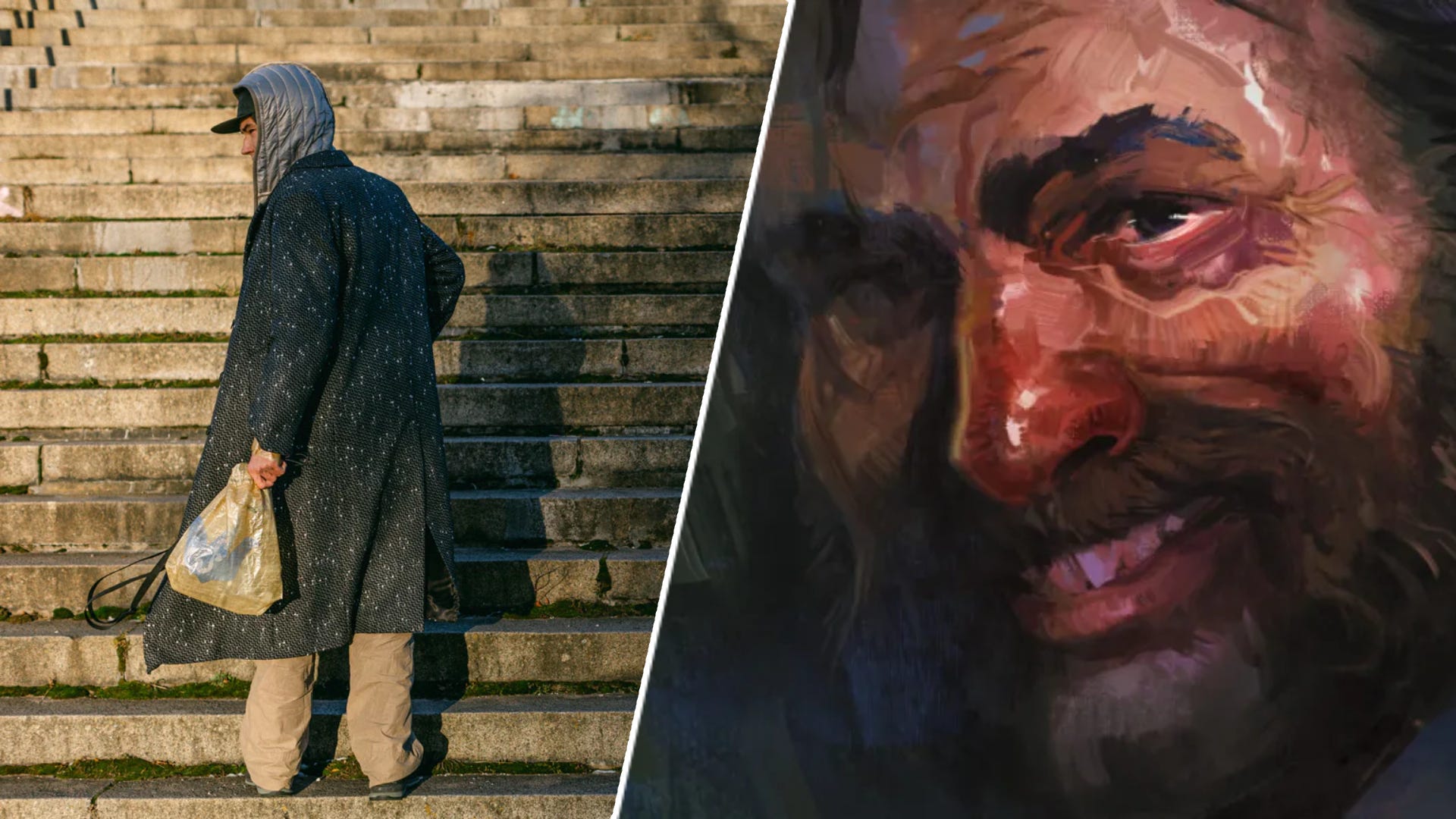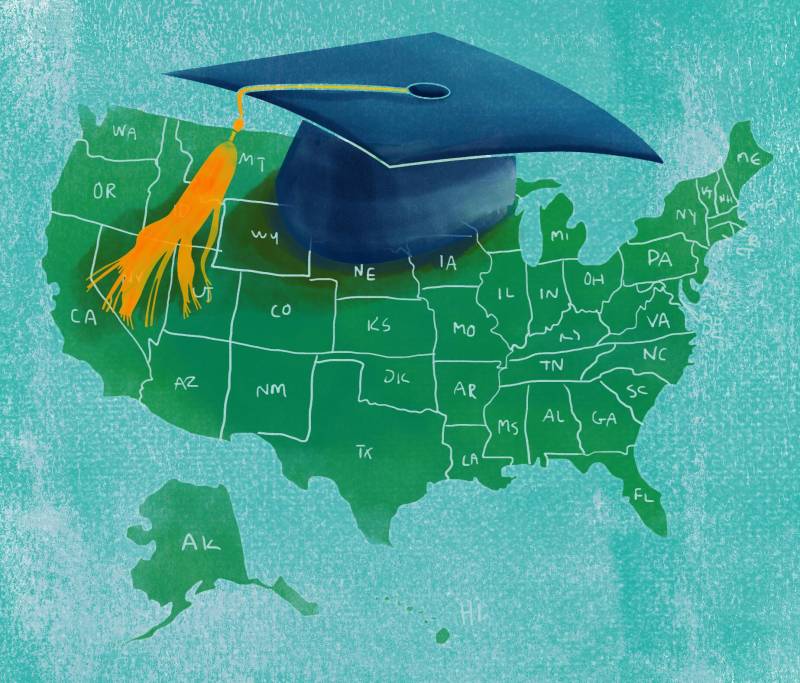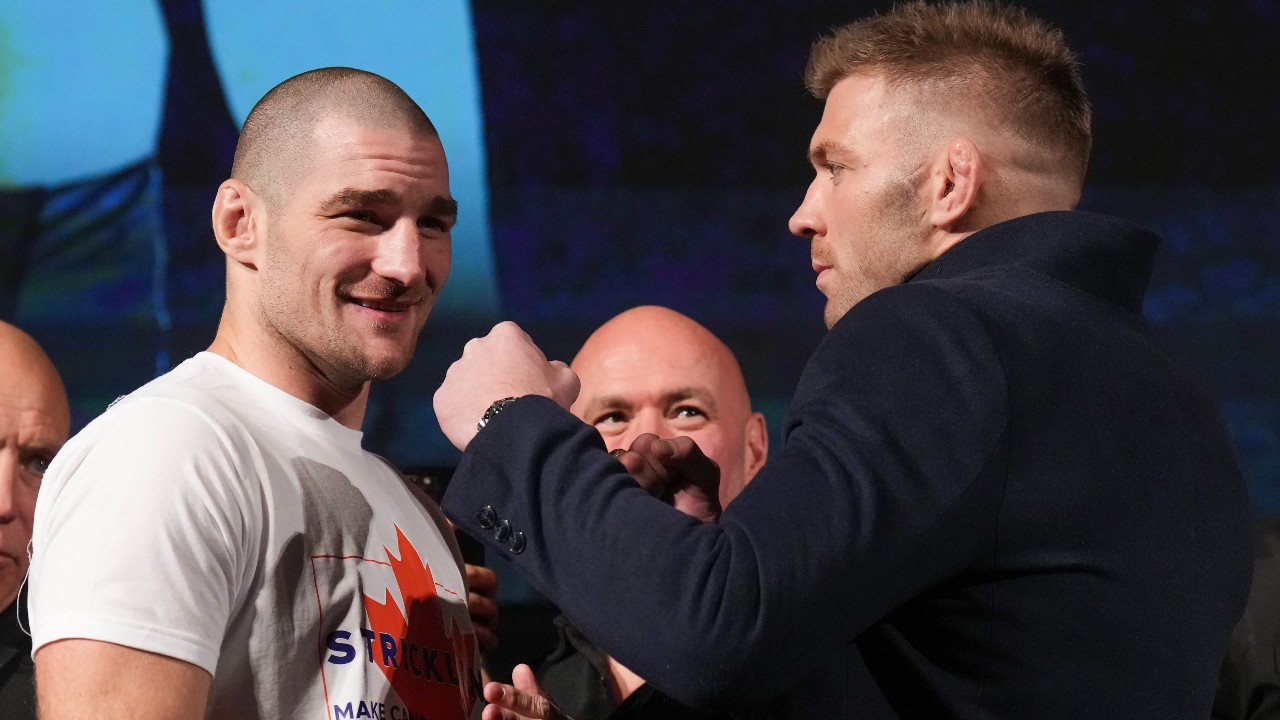How We Chose the 2025 Closers
The list features 25 people who are spearheading efforts to close the racial equity gap.


For many Black Americans, closing the racial equity gap can feel like an insurmountable task. More than 83% say efforts toward equality in the U.S. haven’t gone far enough, according to a Pew Research Center survey. And while there have been major wins, extensive disparities—embedded in the fabric of the country—persist.
Last year, TIME’s inaugural Closers list focused on leaders working to chip away at the Black-white wealth gap. This year TIME has expanded its focus to highlight 25 Black leaders who are working to close racial equity gaps more broadly—from Sara Sidner, an anchor and correspondent for CNN, urging Black women to get screened for breast cancer after being diagnosed herself, to National Book Award winner Percival Everett, who in his latest novel James, reimagines Huckleberry Finn from the perspective of the escaped slave Jim. “Any work of art that comes out of this American culture is about race. If there is no race in it, that is a statement about race and how America wants to see itself,” Everett told TIME. [time-brightcove not-tgx=”true”]
For our cover story, Colman Domingo, who was recently nominated for an Oscar for his role in Sing Sing, a film about incarcerated men who participate in a prison theater program, talks about the way he is using his career not just to gain recognition for himself but to have a say in which stories get told and uplift others. “‘Oooh, I get to have an impact? What can I do? What can I disrupt?’” he says. He also pays homage to those who paved the way for him. “My parents went through a lot, my grandparents went through even worse. And I am here, where I am in my life, but also as a proud descendant of slaves who lived, loved, and fought, and sacrificed, so I could be here.”
Also on the list, which launches during Black History Month, is Elaine Welteroth, who started birthFUND after she struggled to find a doctor who made her feel safe in a country where the maternal mortality is highest for Black women. The fund aims to raise awareness about midwifery and help expectant families access those services. “This is a systemic issue,” Welteroth says. “If we each can just focus on what we can do to move the needle, then I really, truly believe that we can solve this crisis in our lifetime.”
Sen. Raphael Warnock, one of a record five Black lawmakers in the upper chamber this session, has fought for Georgia’s Black farmers who historically have been shut out of federal aid and boosted money for research on diabetes, a disease that disproportionately affects Black people. Dorothy Roberts, 2024 MacArthur “genius” grantee and author, is advocating for the abolition of child-protective services, which research shows impacts Black families at a much higher rate than white ones. And Diotima’s Rachel Scott, the first Black woman designer to be named American Womenswear Designer of the Year by the Council of Fashion Designers of America, is aiming to address systemic inequities in the global fashion industry. Scott is just one of this year’s Closers who emphasized the importance of collective power. “I’ve only been able to do this because of the support of the Black community,” she says. “If I can be as strong of a community member as they have been for me, then I think that would be good.”



















_Daniel_Lamborn_Alamy.jpg?#)























































